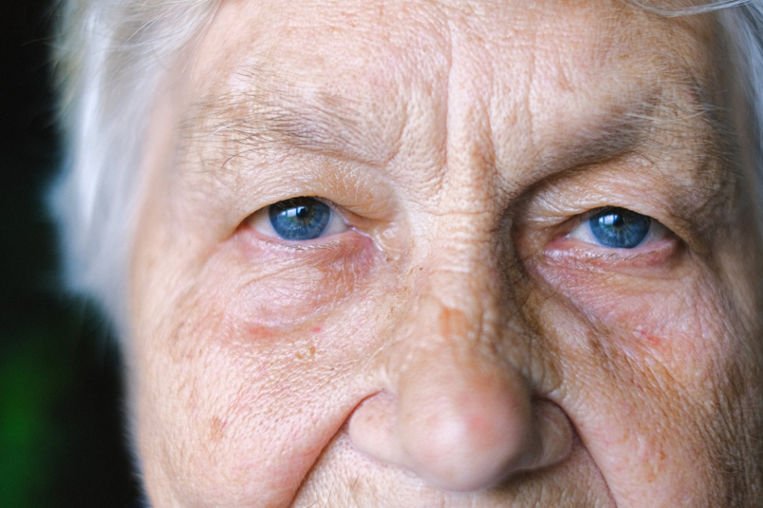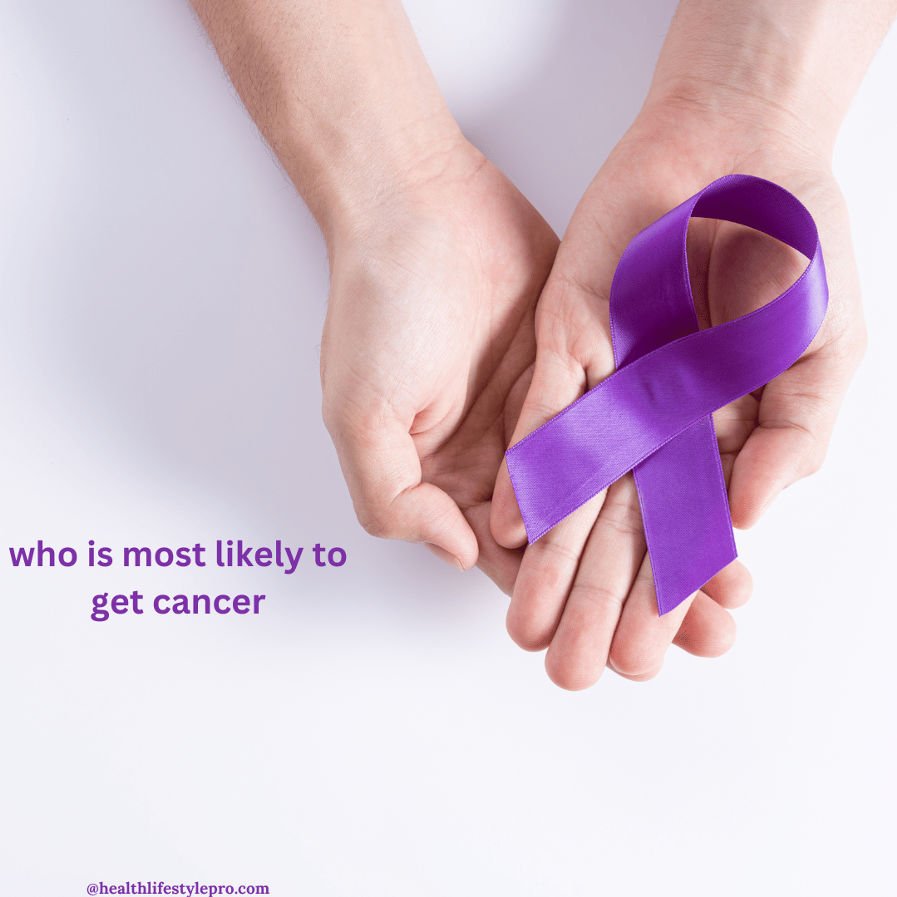Understanding Cancer
A disease known as cancer occurs when somebody’s cells grow out of control and enter other areas of the body.
Moreover, With trillions of cells making up the human body, cancer can begin practically anywhere.
A collection of over 100 individual illnesses is called cancer. It can appear in practically any place in the body.
| Risk Factor | Description |
Age | Cancer risk generally increases with age. |
| Genetics | Infections such as HPV, and hepatitis B or C can be associated with specific cancers. |
| Lifestyle Choices | Smoking, poor diet, lack of exercise, and excessive alcohol consumption can contribute. |
| Environmental Exposures | Exposure to certain chemicals, pollutants, or radiation may increase risk. |
| Chronic Infections | Infections such as HPV, hepatitis B or C can be associated with specific cancers. |
| Hormones | Infections such as HPV, and hepatitis B or C can be associated with specific cancers. |
Find out if you are more likely to develop cancer
The first thought that crosses someone’s mind when they receive a cancer diagnosis and suspicion is, “Why me?” Most of the time, doctors are unable to determine the cause of cancer, so people assume that it must have happened to them. Furthermore, because karma is a strong belief in our society, some people even assume that they are receiving punishment for wrongdoing. Is it true, though? Not at all. Scientists still don’t know exactly what causes cancer, but there are undoubtedly certain characteristics, variables, and reasons why some people are more susceptible to the disease than others.
When does cancer often attack a person?
Cancer is more likely to attack an older person. This surprises a lot of people, which may be related to the media’s desire to feature tales about younger cancer patients.
Although cancer can strike anyone at any age, it rarely does so. The majority of cancer cases affect those over 50.
If you are a man
Unfortunately, it is one of the considerations, even though we are aware that gender has no bearing on you. According to a report compiled by Cancer Research UK, Leeds Metropolitan University, Men’s Health Forum, and National Cancer Intelligence Network, men are 40% more likely than women to die from cancer and 16% more likely to have the disease. Furthermore, the statistics become much more startling when we take into account illnesses that are exclusive to a particular gender, such as ovarian and prostate cancer. In this instance, men had a 60% higher chance of dying and a 70% higher chance of developing disease than women
If you’re longer
While height enhances one’s appearance, it also increases one’s risk of developing it. I know it sounds strange, but what? However, that is accurate. Researchers in Sweden discovered that for every extra 10 centimetres of height, men’s disease risk increased by 11%, while women’s risk increased by 18%. While smoking and eating poorly are major risk factors, height is not as much as fat.
Skin tone
One of the primary variables that increases your chance of developing skin cancer is your skin type. People with skin types one and two have the highest risk of acquiring it, while those with skin types five and six have the lowest risk. One has greater protection from the sun when they have more melanin. So, you’re no longer enamoured with white skin, huh?
AGE

Cancer is more common in people over 65. An individual’s risk of developing cancer rises with age. This is because the cells in our bodies become damaged, stack up, and form clots and tumours, which can lead to cancer later in life (in old age). Cancer may develop from the damaged cells if they begin to spread. The danger increases for those over 70.
GENES
A person’s genetic predisposition to it increases significantly if a family member has previously had the disease. Get yourself screened regularly and abstain from behaviours that raise your risk of cancer if you have family members with the disease. However, please don’t be too concerned because genetics only accounts for 5% of all diagnoses each year. One can say they have a strong history if two or more close relatives on one side of the family—the maternal or paternal side—have had cancer. Consequently, there is a greater likelihood that its genes will run in the family.
Conclusion
It’s crucial to remember that these factors interact in complicated ways and that individual risk varies. Adopting a healthy lifestyle, and getting regular checkups, and screenings can all be important parts of cancer prevention. To receive individualized guidance and evaluations, always speak with medical professionals.

I’m a seasoned content creator with 6+ years of experience crafting engaging, SEO-optimized content that drives traffic and rankings. I excel in keyword research, link building, and guest posting, ensuring your brand reaches new heights.

